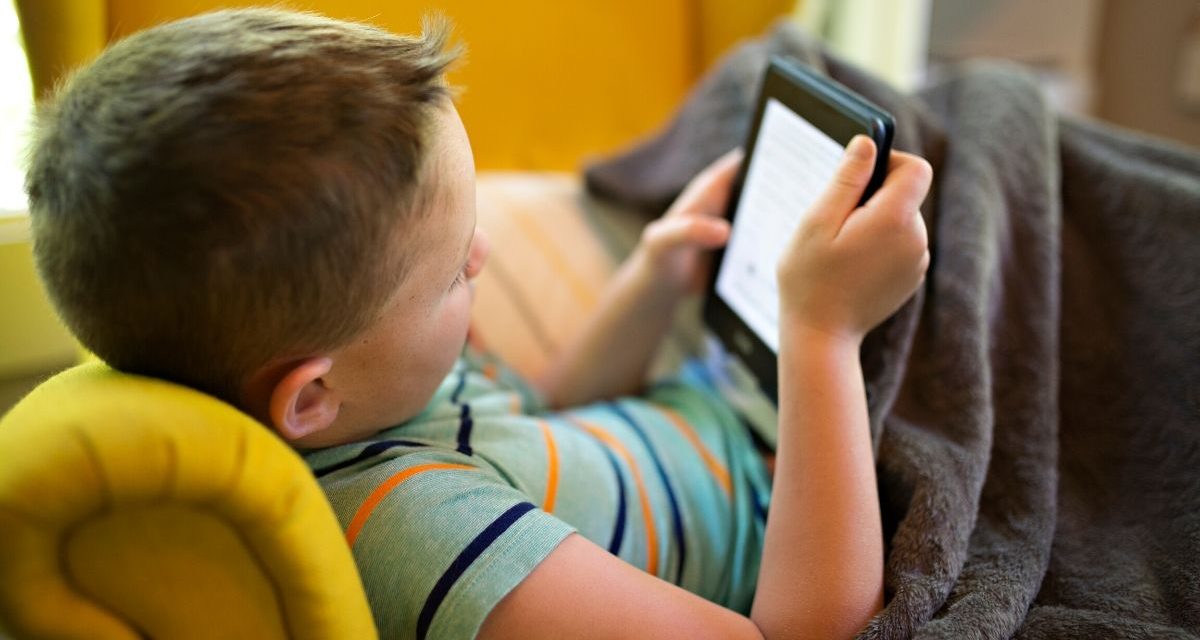A recent email from a reader describes a relatively normal household with two parents, who work hard modeling healthy, responsible behavior. Yet, their two children, now teens, seem more interested in their phones and video games than in homework, sports, or helping around the house. When asked to help out, they put up such a battle that both parents give up. Sound familiar?
Are We Raising Irresponsible, Lazy Kids?
Well, yes. It appears that way for many families. (And no. This is not normal and required teenage behavior!)
It seems that we see more children and adolescents who run from responsibilities and lack any sense of motivation. There is a system of parenting that produces this. Is this universal? Of course not! This varies with different families, different communities, and different subcultures in our country.
However, the trend is clear: We are raising more children (now becoming adults) who expect to do what they want, have what they want…while never doing anything to earn it.
This is the key problem: This approach does not prepare kids for reality.
Reality will reward effort. It’s that simple.
Being responsible and motivated involves the expending of effort, and then the rewards will follow. Now, it all depends upon what gets our effort and attention as to the rewards. It’s quite easy to major in minor things…thus creating a relatively minor set of rewards in life.
For most families, I find that their children are motivated, it’s just that they are motivated on the minor things in life. They devote hours to their Instagram page or their status in Call of Duty. Neither will reap reality-based rewards that bring sustained benefits. And of course, you can’t tell your children this in a way that will be heard.
And please don’t misunderstand this point: The problem is not Instagram or video games. The problem is a three-fold parenting challenge: Children learn early on to expect these toys and gadgets that cost thousands of dollars, and they have no understanding of the effort many parents must expend to purchase these high-tech toys. Secondly, they are given access to these electronic attention-grabbing goodies without limits in time. And finally, there is no requirement of responsible action (i.e., homework, chores, practice, family time) before getting access to these goodies. These all add up to the disaster, as children develop a sort of delusional belief:
“Give me what I want. I deserve it. And it’s your job to take care of me.”
Thus, this becomes the battle cry of the irresponsible, unmotivated child these days. It’s not just that they don’t want to work; it’s that they want everything they want while putting forth no effort to get it.
You Can Turn This Around Starting Today: Just Join with Reality.
Let’s make sure we get started, with a clear understanding. You can turn things around if your child is irresponsible and unmotivated. It requires change. But the change is on your part first. You must lead…and your children will follow.
And it will not be leading with more words. Nope. Not it. It’s leading with precise action, and that’s what these next few articles are about. Precise parenting action starting today.
Where do you start today?
Do just one thing, starting right now. Focus on action, not words. You’re talking about this and repeating yourself to your kids over and over is not working. So, stop talking, and start looking at where you can take action.
Want better behavior? Get a better behavior plan…not a better bunch of words. It will not work.
So, while I will dig in much deeper in the next couple of articles, start today by putting an end to the repeated requests and lectures. Instead, start focusing on what you can control in your homes, such as Internet access, phones, and all the other goodies kids enjoy.
If this topic interests you, and you want to turn things around, at least learn how you can control all the ‘stuff’ your children and teens enjoy. This will be your leverage and we will talk specifically about what to do next time. For now, remember: Stop talking. And learn how to control what your kids care about without trying to control them. And, look forward to starting real change with our next set of specific lessons.














